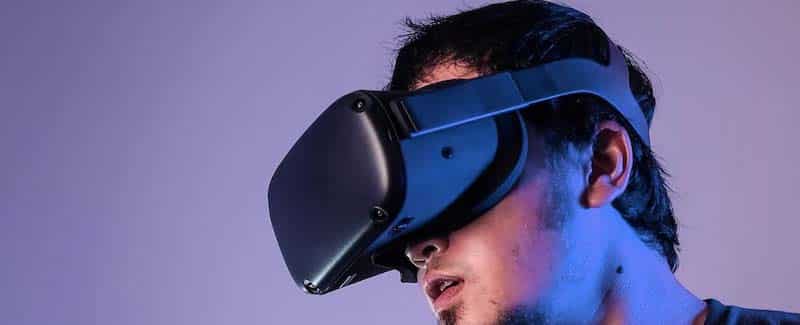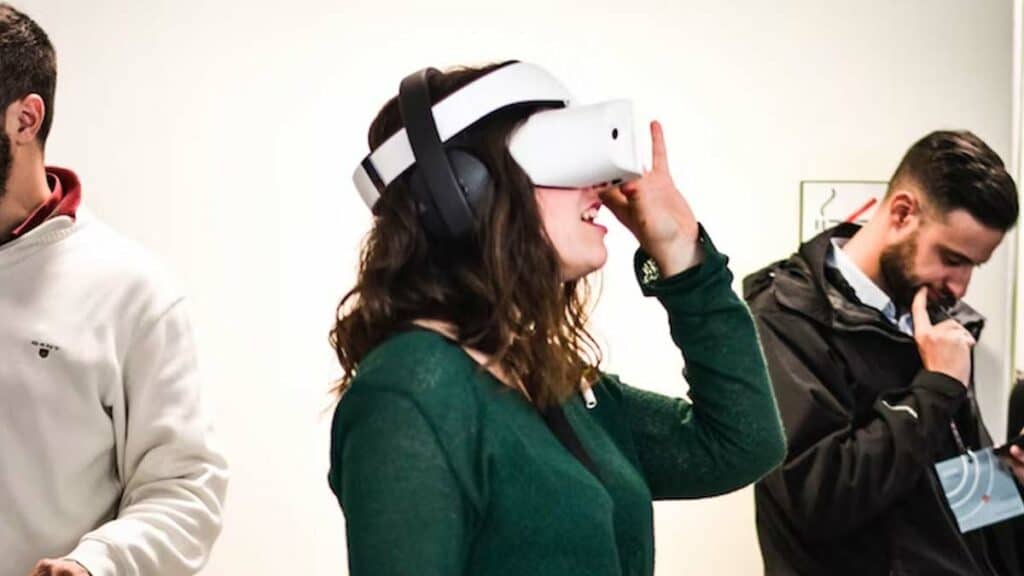CES 2023 was the first opportunity to experience smell and taste in virtual reality with Metaverse ventures. There is at least something you can feel according to a recent report by Reuters.
Metaverse on the Scene
On Sunday, when the four-day Las Vegas technology gathering came to an end, one of the key themes was the metaverse.
As part of its efforts to compete with market leader Meta, Taiwanese tech giant HTC announced the launch of its high-end VR headset. Other companies and startups also showcased their high-end VR headsets and sensory technology that you can use to feel what you are in a virtual environment.
There were the likes of Vermont-based OVR Technology, which displayed a headset that consists of an cartridge containing eight primary aromas that can be combined to create an array of scents according to the user’s preference. The new version of the game will be released later this year, so keep an eye out for it.
It was originally designed for the marketing and promotion of fragrances and beauty products and is now integrated into VR goggles and enables users to smell anything they desire, from a romantic bed of roses to a roasting marshmallow sitting over a campfire.
On the other hand, there is still a long way to go in terms of applying scent to more robust and immersive applications. And the same is true for its close cousin, taste. In spite of the fact that VR technologies are becoming more accessible, they are still in the early stages of their development, and many consumers are unable to afford to get their hands on them.

According to the numbers, interest in the program is waning. NPD Group, a market research firm that specializes in data analysis for consumer products, recently reported that VR headset sales, which found popular use in gaming, declined by 2% last year, a sour note for companies betting their future on the growth of VR.
There are still some big companies that are investing billions of dollars in this field. In addition, many other companies are trying to grab some share in the supporting technologies market as well, including wearables that are capable of replicating touch.
A large number of virtual reality advocates maintain that widespread adoption of virtual reality will ultimately benefit different parts of society by essentially allowing us to stay connected whenever and wherever we wish.
In spite of the fact that we don’t know what these new technologies will be capable of once they have fully matured, it is evident that companies who strive to provide their users with immersive experiences are welcoming these technologies with open arms.
Additionally, there have been a number of big companies, from Walmart to Nike, launching virtual reality initiatives of their own around the world. However, during the early stages of the technology, it is unclear how much benefit they will be able to gain from this.










